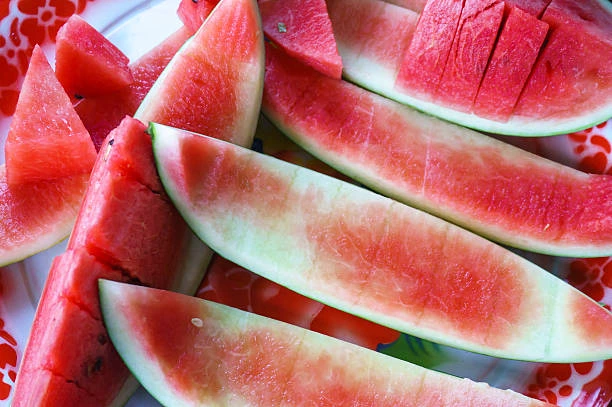Watermelon may be one of the most appropriately named fruits. It’s a melon that’s 92 percent water. It’s also got a healthy amount of vitamin A and C, potassium, magnesium, and other important nutrients.
The most popular part of the watermelon is the pink flesh, but like its cousin, the cucumber, the whole thing is edible. This includes the green scraps that usually end up in the compost bin.
The rind, which is the green skin that keeps all that water-logged delicious fruit safe, is completely edible.
According to Healthline, watermelon rind can reduce your blood pressure.
If your doctor instructed you to lower your blood pressure, try eating watermelon, rind and all. Some research has shown that watermelon extract supplements are able to help obese adults control their blood pressure.
However, citrulline supplements are likely more effective. Most studies suggest citrulline supplements reduce blood pressure in people with hypertension.
Watermelon is also a potential diuretic, which often is prescribed for people with high blood pressure. Try freezing whole watermelon slices for a nice treat on a summer’s day.








